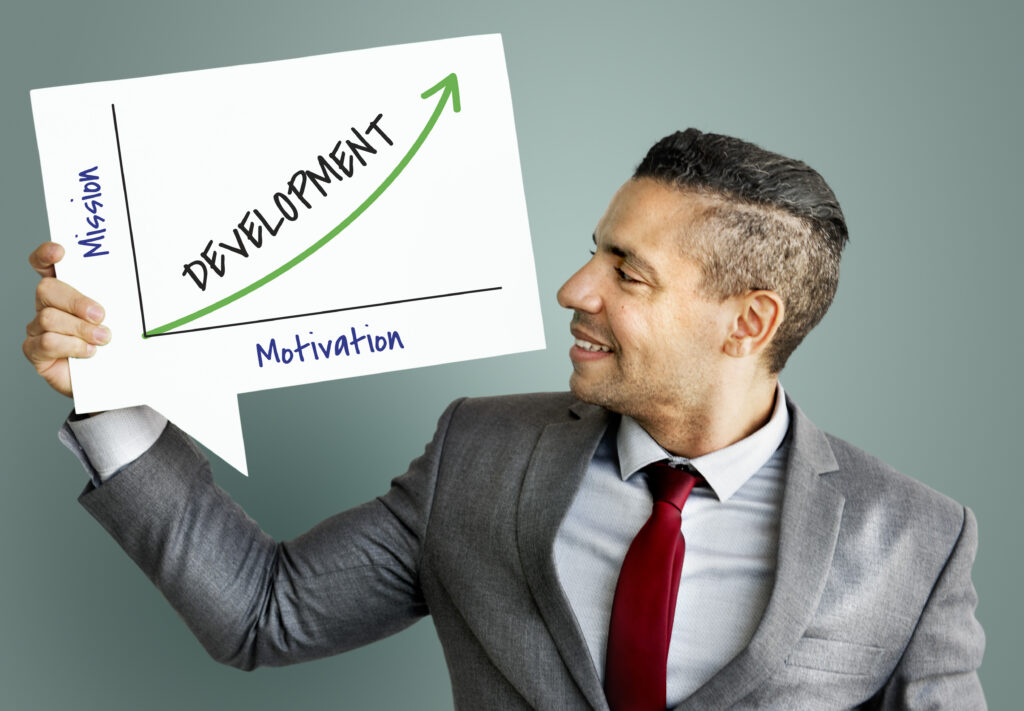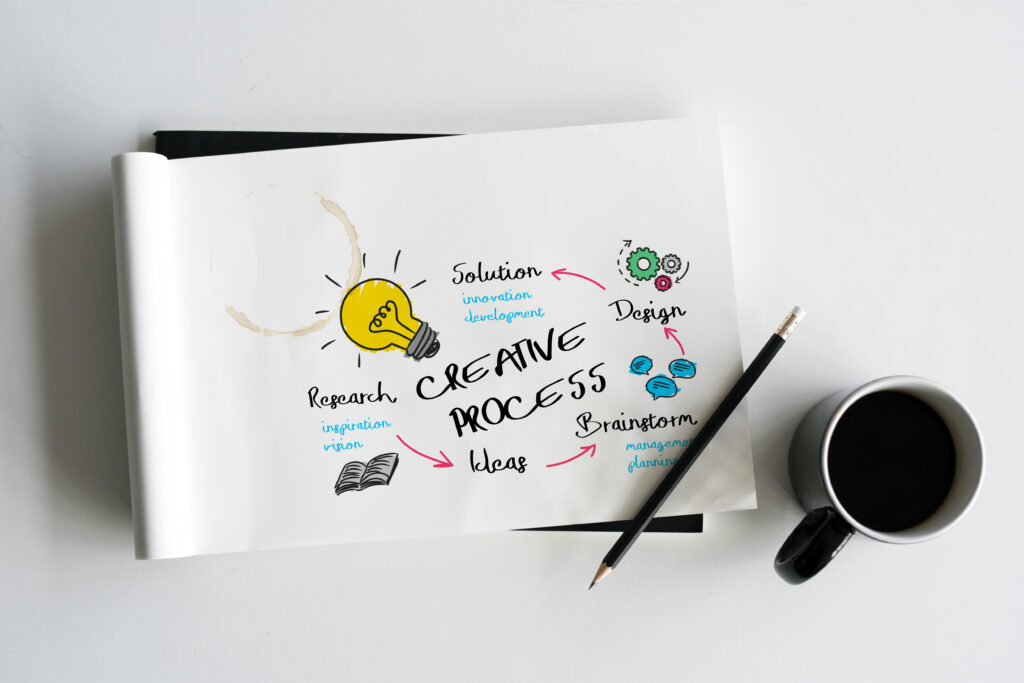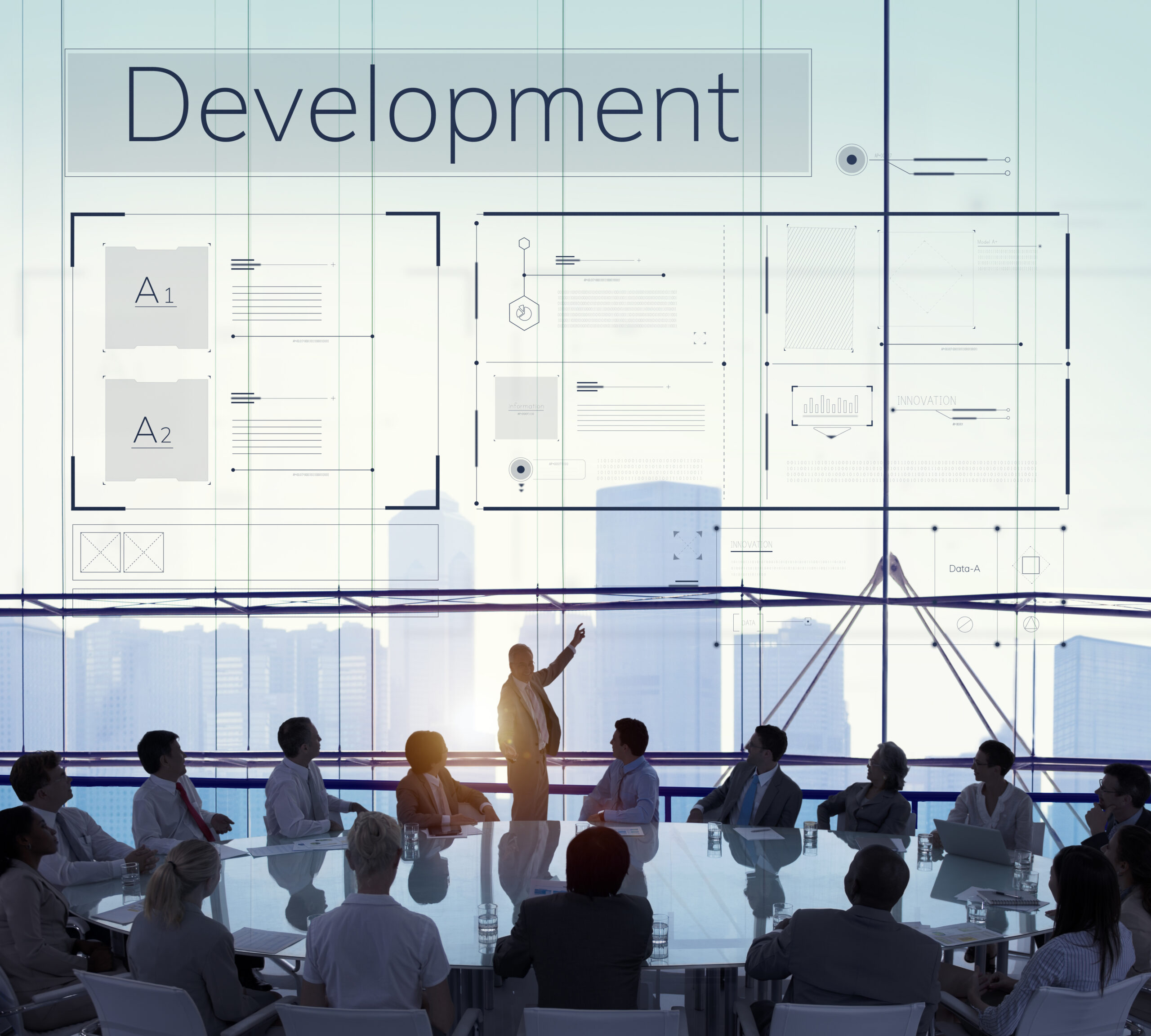How to understand yourself on a deeper level, make conscious decisions, and change your life through the practice of self-observation
“The unexamined life is not worth living.” – Socrates
In a world overflowing with information, speed, and ambition, we often lose sight of the most important thing — ourselves. Daily routines, the pursuit of success, and external expectations can blur our connection to our inner being.
How can we uncover who we truly are, what we really want, and why we keep making the same mistakes?
The answer lies in reflection. Not just a habit of “thinking about the past,” but a conscious skill of asking ourselves the right questions, listening to our answers, and drawing strength from within.
✅ Keywords: self-reflection techniques, how to reflect on yourself, mindful journaling, self-awareness exercises, personal growth tools, emotional intelligence, gratitude practice, evening reflection ritual, coaching for self-discovery, life balance and inner clarity.
1. Reflective Journaling
– A written bridge between the conscious and the subconscious
A reflective journal is not just a collection of random thoughts. It’s a tool that helps you:
• Slow down the mental whirlwind and bring order to the chaos
• Understand emotional reactions and the motives behind your actions
• Spot recurring patterns and behaviors
• Start an inner dialogue and hear what’s really going on inside you
How to do it:
• Set aside one page a day to honestly answer 3–5 reflective questions
• Record your emotions, doubts, wins, and internal conflicts
• Don’t rush to analyze — just write. Awareness is where the power lies
Why it works:
Writing activates the brain areas responsible for mindfulness and self-regulation. Just 10 minutes a day can reduce stress, boost self-esteem, and accelerate personal growth.
Example: Leonardo da Vinci wrote everything in his notebooks — from ideas to fears to questions. His journals became his greatest tool for thinking and creativity.
2. Writing to Yourself: The Time Bridge Technique
– A conversation with your past and future selves
Sometimes we get stuck in the present. To expand your perspective, try this simple but powerful exercise:
• Write a letter to your past self — maybe to the teenager you once were. What would you say? What would you regret? What would you celebrate?
• Then write a letter from your future self — your wiser, more grounded version who has already walked the path you’re now on
This practice helps you step out of the moment and see yourself with more compassion, hope, and perspective.
Example: Oprah Winfrey has shared how writing to herself helped her stay focused during tough times, reminded her of her values, and gave her a sense of inner grounding (source).
Insight: A written word can become a life raft for your soul. Use it with love.

3. The “3 Questions Before Bed” Technique
– An evening ritual that cultivates a growth mindset
Before going to sleep, ask yourself these three transformative questions:
What went well today?
→ Reinforces a sense of progress and validates your efforts
What could have gone better?
→ Teaches you without self-criticism
What am I grateful for?
→ Trains your brain to spot the good and builds emotional resilience
Why it works:
This simple habit reshapes your neural pathways. Studies show it improves sleep, mood, and even immunity (PositivePsychology.com).
Night after night, these three questions turn each day into a lesson in growth, gratitude, and awareness. With repetition, your mind begins to naturally see opportunities instead of obstacles.

4. Conversation with a Coach or Mentor
– Reflection through questions you wouldn’t ask yourself
We often get trapped in our own thoughts, thinking we’ve figured it all out… but haven’t. True reflection often begins with a mirror — in the form of a coach, therapist, or wise friend.
In conversation with someone else, you:
• Discover blind spots in your thinking
• Recognize mental traps and assumptions
• Reevaluate beliefs you once considered “truth”
This isn’t about advice. It’s about powerful questions that lead you back to yourself.
Research insight: Harvard Business School found that employees who reflected just 15 minutes a day increased productivity by 23% (source).
5. Personality Mapping: Self-Observation Through Images
– Seeing yourself not in words, but through the eyes of an artist
Words sometimes fail to capture the inner world. That’s where visual self-mapping comes in — a technique from art therapy and coaching.
How to create your map:
• Use a sheet of paper or an online board (like Miro or Canva)
• Divide it into sections: Career, Relationships, Emotions, Body, Values, Fears, Resources
• In each section, draw or write what reflects your current reality
• Look at it as a whole: where’s the imbalance? Where’s your energy?
This powerful method helps you see inner conflicts, contradictions, and areas for growth — with clarity and compassion.
Final Thoughts: Reflection as a Path to Inner Freedom
– The power to see, understand, and be yourself
Reflection isn’t a coaching trick or a trendy buzzword. It’s a way of life — a conscious choice to live aware, not on autopilot.
It gives you:
• Control over your thoughts and emotional reactions
• A deep understanding of who you are — without masks
• The ability to rewrite your life’s script, not just repeat the old one
In a world where most seek answers outside, reflection invites you to turn inward — to the most reliable guide you’ll ever know: your inner wisdom.
✓ Reflection is not weakness — it’s power.
✓ Power to be honest with yourself.
✓ Power to change.
✓ Power to move forward knowing who you are.

Consciousness as a Path: Why We Need Self-Analysis and Gratitude
Without reflection, we live on autopilot — walking a path laid out by others, never questioning why we ended up somewhere that doesn’t bring us joy.
We repeat the same actions, feel the same emotions, make the same mistakes… and still hope for different outcomes.
But as Einstein said: “Insanity is doing the same thing over and over again and expecting different results.”
- Instead, we can choose.
- Choose to pause.
- Choose to look inward.
- Choose to take responsibility for our lives.
Understanding Yourself: Escaping the Prison of Randomness
When you sit in silence — no phone, no noise, no distractions — and ask:
• Why did I really feel that way?
• Why did I again choose what harms me?
• What do I truly want but am afraid to admit?
— That’s when transformation begins. Because self-awareness puts you back in charge of your destiny.
Every time you learn from an experience, draw a conclusion, or gain an insight — you grow. Mentally, emotionally, spiritually.
And don’t be afraid of repetition — life is cyclical.
It will keep placing you in familiar situations until you respond differently.
This isn’t karma. This is learning.
Gratitude: Your Anchor in the Storm
Feel like your life is far from perfect?
It’s easy to find reasons to complain — the job, the relationships, the health, the lack of time or money…
But one sincere moment of gratitude can shift everything.
Like light in the fog, it shows the path.
It says: “Yes, things aren’t ideal. But I have this. I see it. And I am thankful.”
Gratitude is not naive positivity.
It’s emotional maturity — the conscious choice to see the light even in cloudy skies.
Morning and Evening Gratitude Ritual
Try beginning and ending each day with a few simple words: “Today, I am grateful for…” or “Despite everything, I see the light in this day…”
Write down 1–3 things. Do it not as a chore, but with presence. With heart. Let it be simple — warm food, a friend’s voice, the silence outside. Soon, you’ll find your inner foundation growing stronger.
You’ll stop chasing happiness in the future — and start discovering it here, now.
The Power of the Moment: The Choice That Shapes Your Destiny
We can’t change everything at once. But we can pause and look at ourselves honestly. We can notice what we’re thankful for, even in hard days.
We can live not out of habit, but from a deeper place — a place that begins with one simple question: “What am I feeling right now? And where do I really want to go?”
Let each day not just be lived — but felt, understood, and embraced.
That’s where the power lies. That’s the path to true freedom.
Recommended Reading & Resources
- Harvard Health – The Power of Mindfulness
- Harvard Business Review – You Can Be a Better Leader by Reflecting
- Positive Psychology – The Benefits of Gratitude





